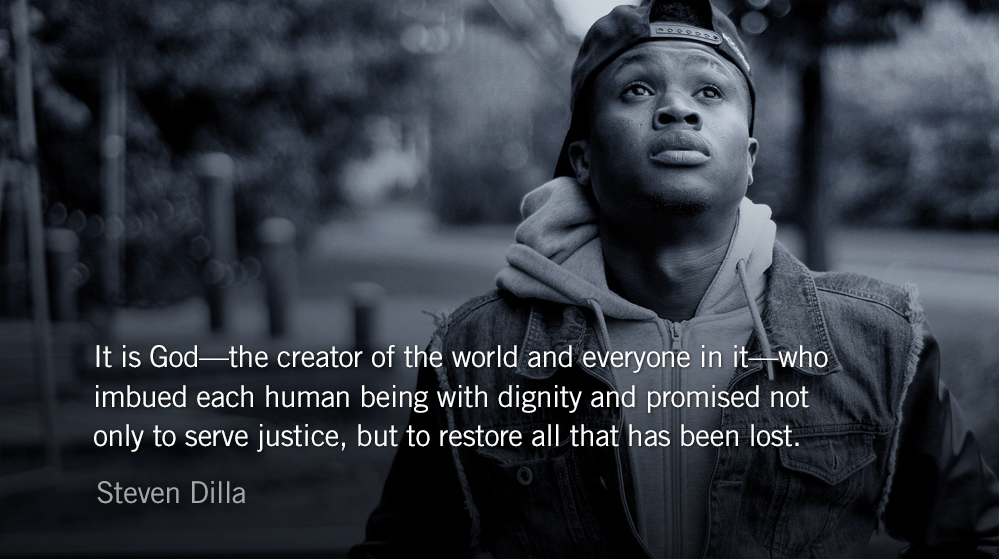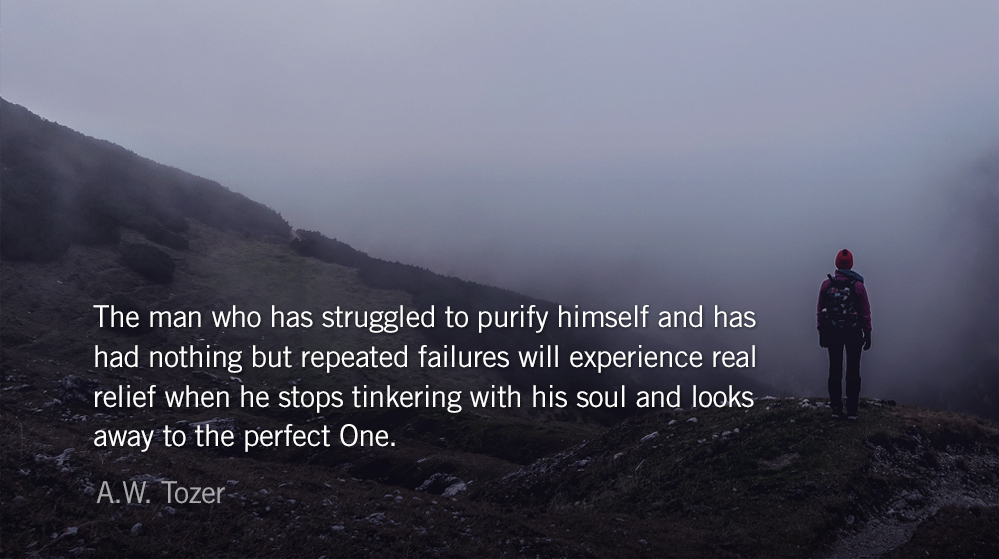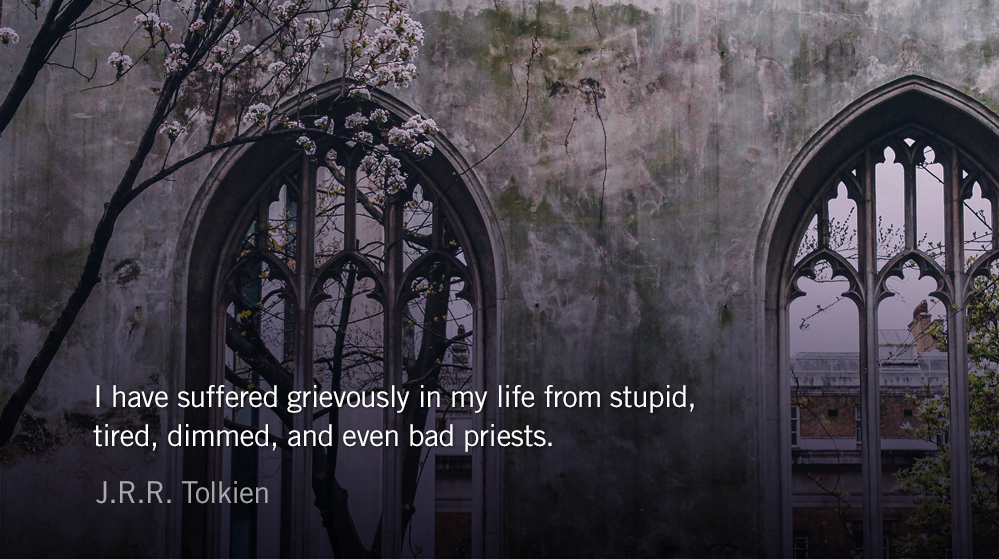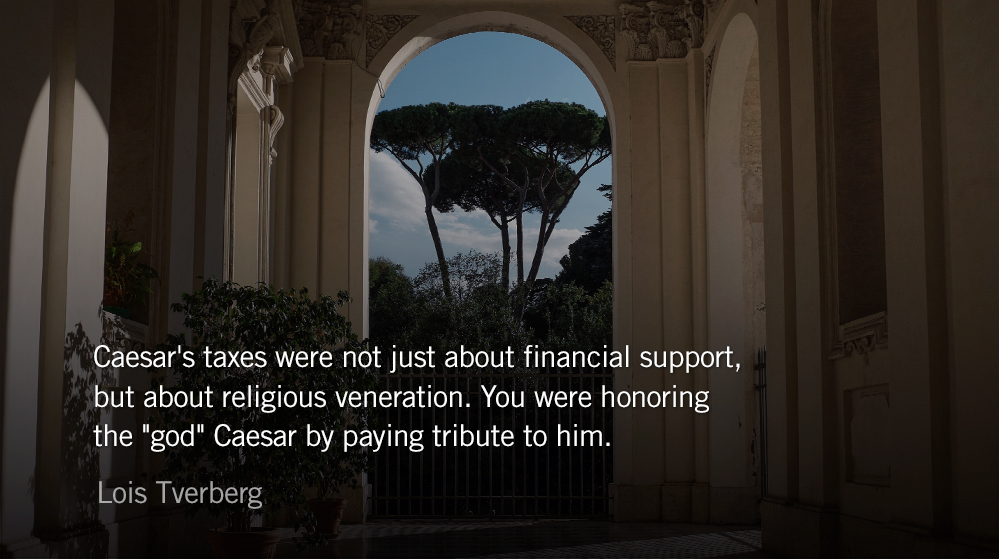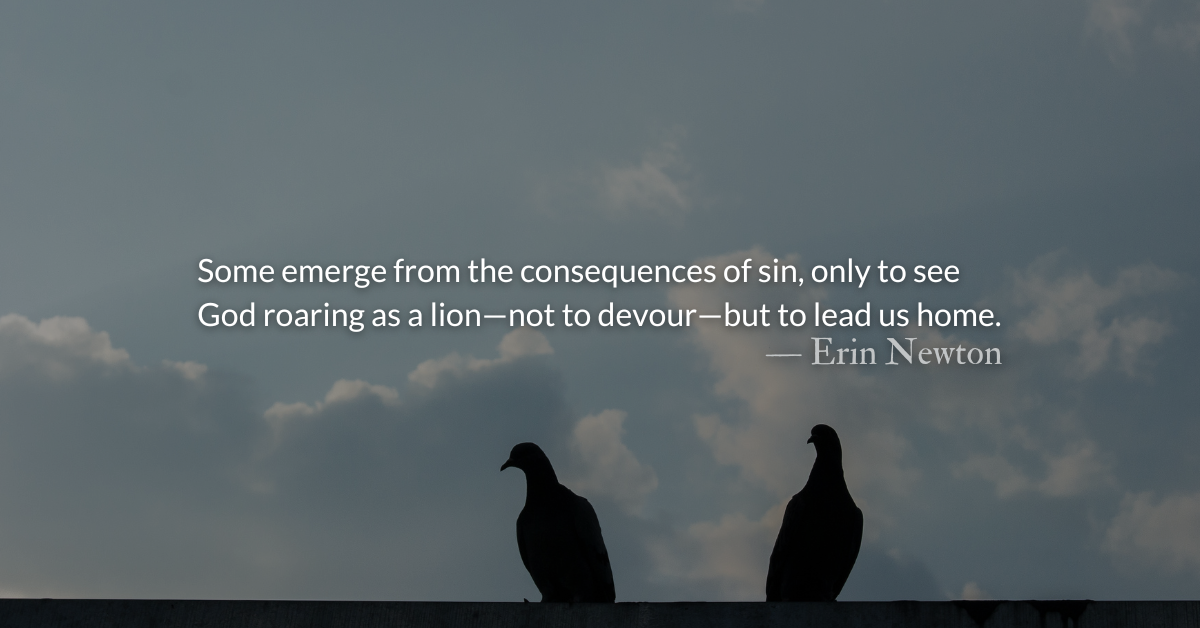But the angel said to the women, “Do not be afraid, for I know that you seek Jesus who was crucified. He is not here, for he has risen, as he said.” — Matthew 28.5-6
If, as Jill Lepore has said, “watching people shoot one another has become an obligation of American citizenship,” then watching people around the world weep in the wake of terror has become an obligation of global citizenship.
We want to look away. Every few weeks I spend a day writing from a coffee shop nestled 8,200’ up in the Rocky Mountains. Inside The New York Times gets stacked upside down whenever images of terror take over above the fold. After watching, I realized it’s not the employees, but the customers who reposition the paper.
Jesus did not look away. When faced with the brutality of death, Jesus walked toward it—and wept. We must reflect on this—God, broken with us at the brutality and injustice of our world.
Then—when everyone thought it was too late and that God had, yet again, missed his opportunity to make everything alright—he called out Lazarus from the grave. What was lost was restored. Injustice of death’s sting replaced by the celebration of resurrection.
And so we cling to this hope. English poet George Herbert said the promise of resurrection is that death is no longer an executioner, but a gardener. “When he tries to bury you, he’s really planting you, and you’re going to come up better than before.”
And so, for today—for a world shattered by terror—a meditation from from Psalm 46:
God is our refuge and strength, a very present help in trouble.
Therefore we will not fear though the earth gives way, though the mountains be moved into the heart of the sea, though its waters roar and foam, though the mountains tremble at its swelling.
Pause and reflect.
There is a river whose streams make glad the city of God, the holy habitation of the Most High. God is in the midst of her; she shall not be moved; God will help her when morning dawns. The nations rage, the kingdoms totter; he utters his voice, the earth melts. The Lord of hosts is with us; the God of Jacob is our fortress.
Pause and reflect.
“Be still, and know that I am God. I will be exalted among the nations, I will be exalted in the earth!”
The Lord of hosts is with us; the God of Jacob is our fortress.
Pause and reflect.
Today’s Reading
Jeremiah 14 (Listen – 3:51)
Matthew 28 (Listen – 2:39)


